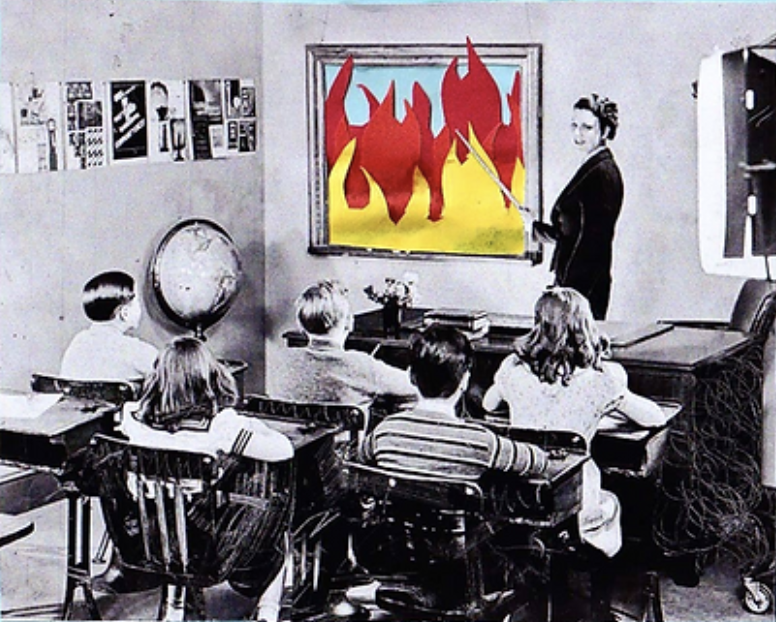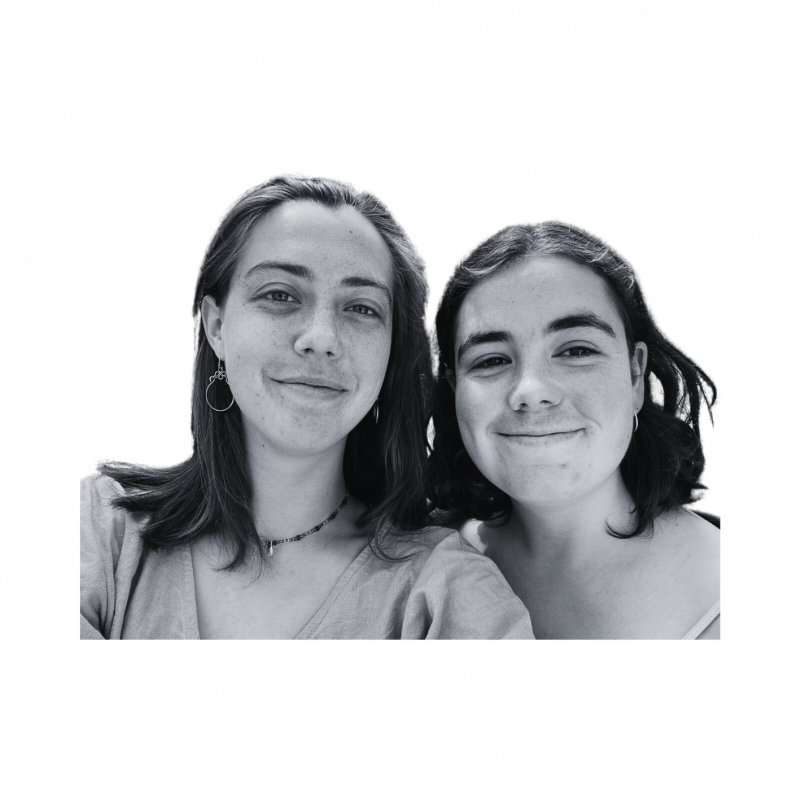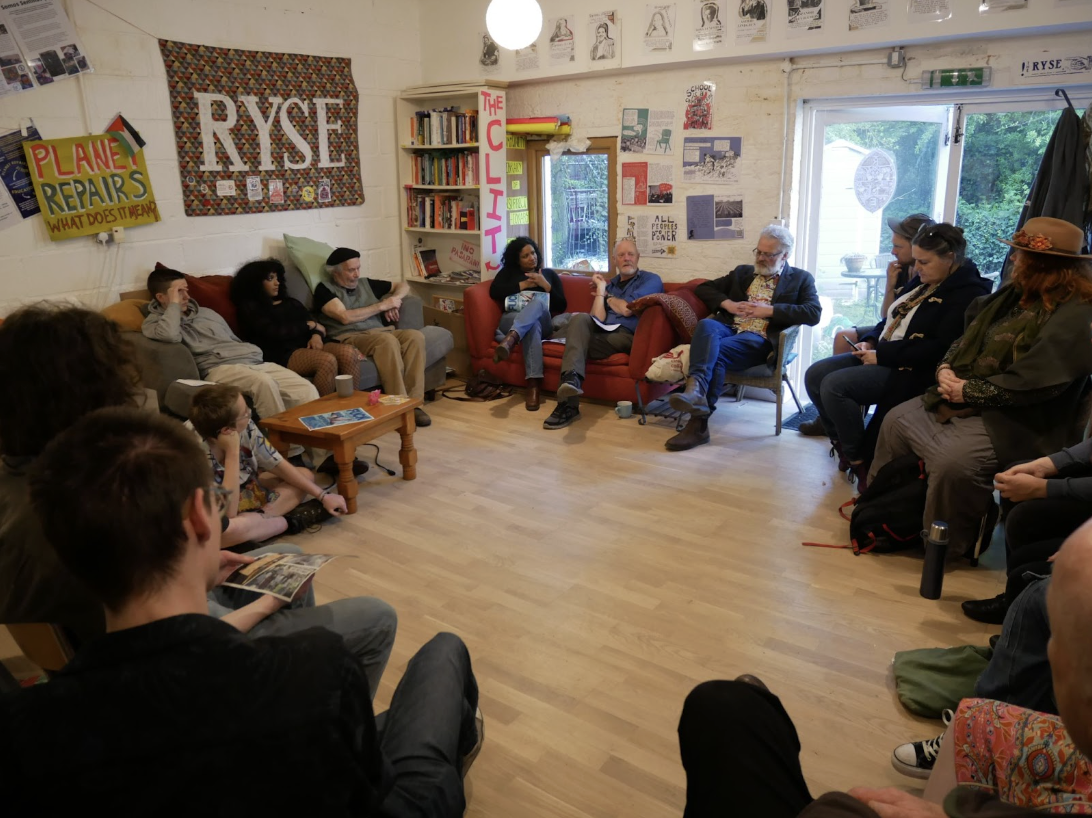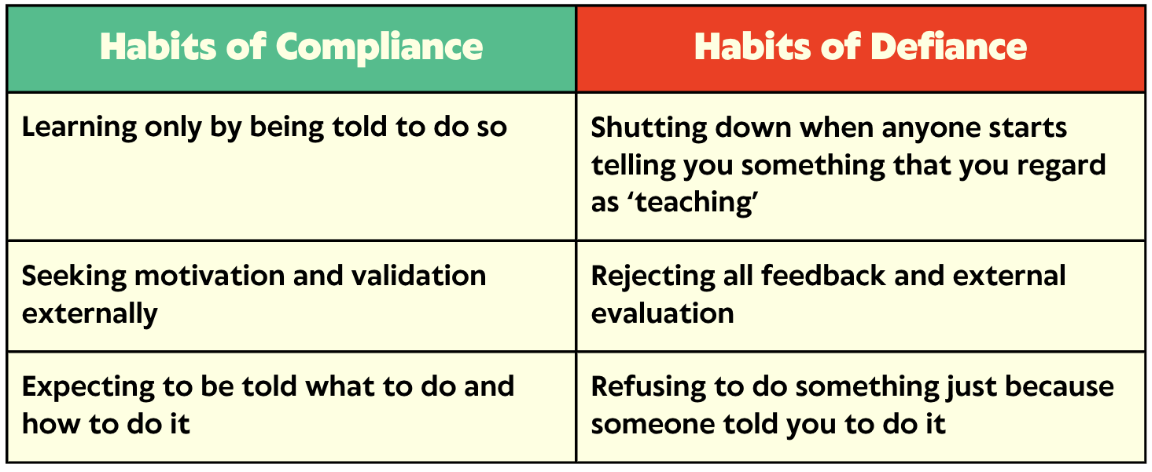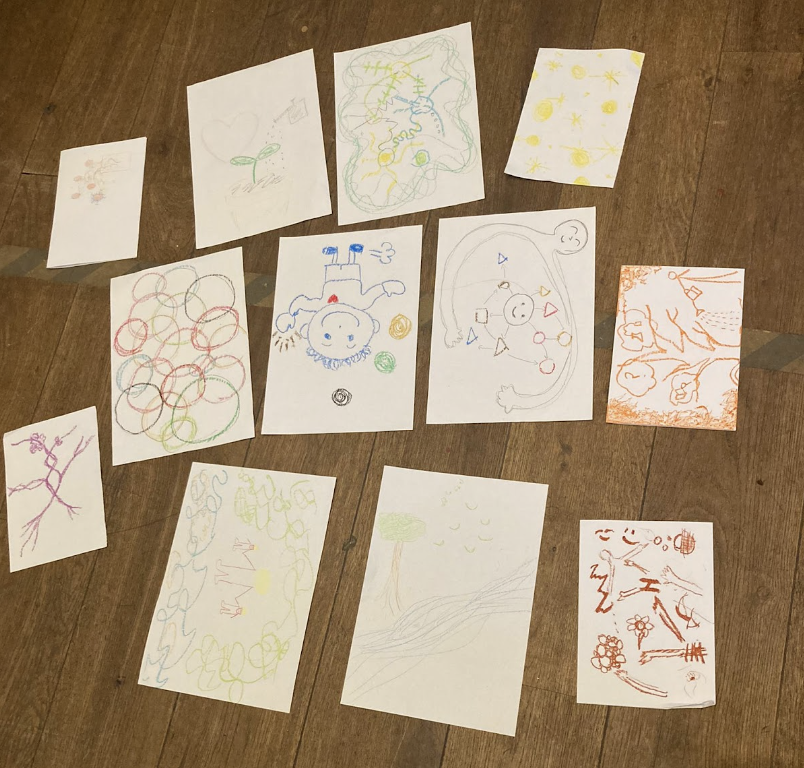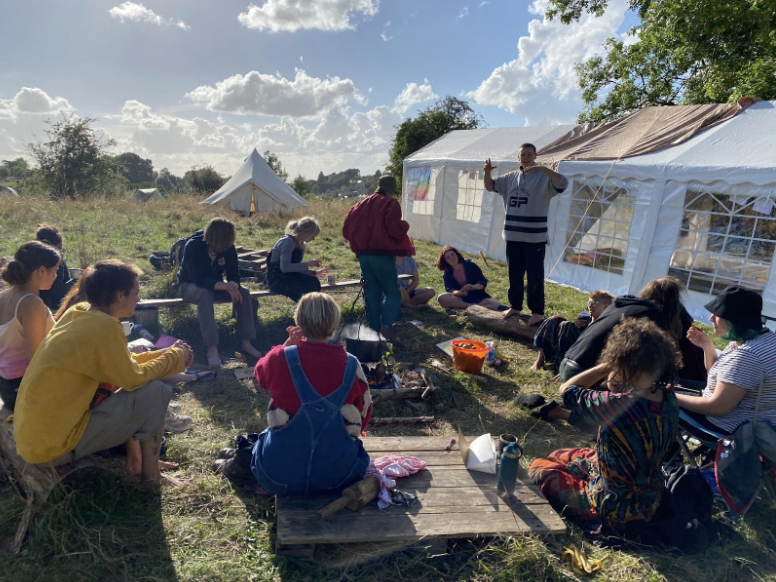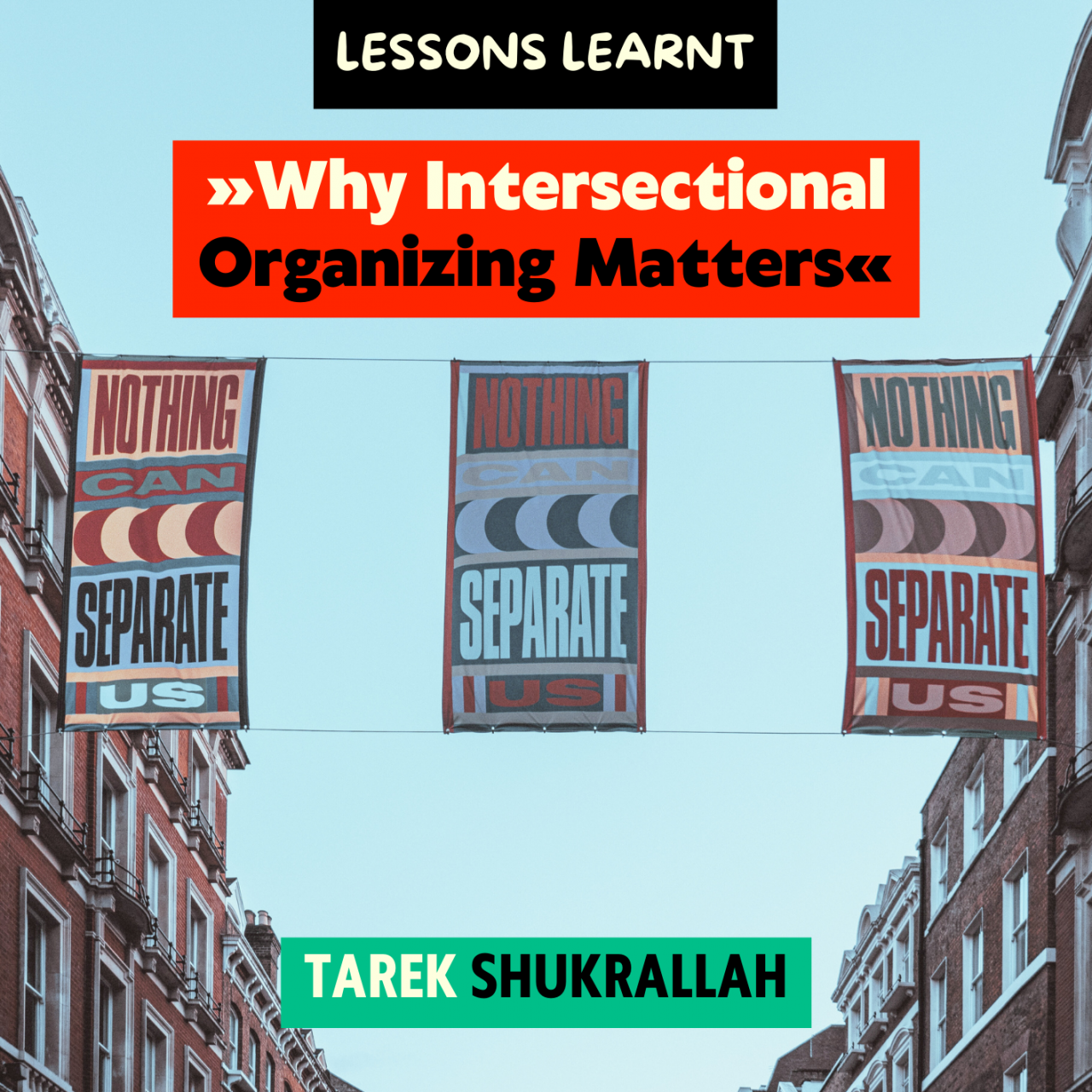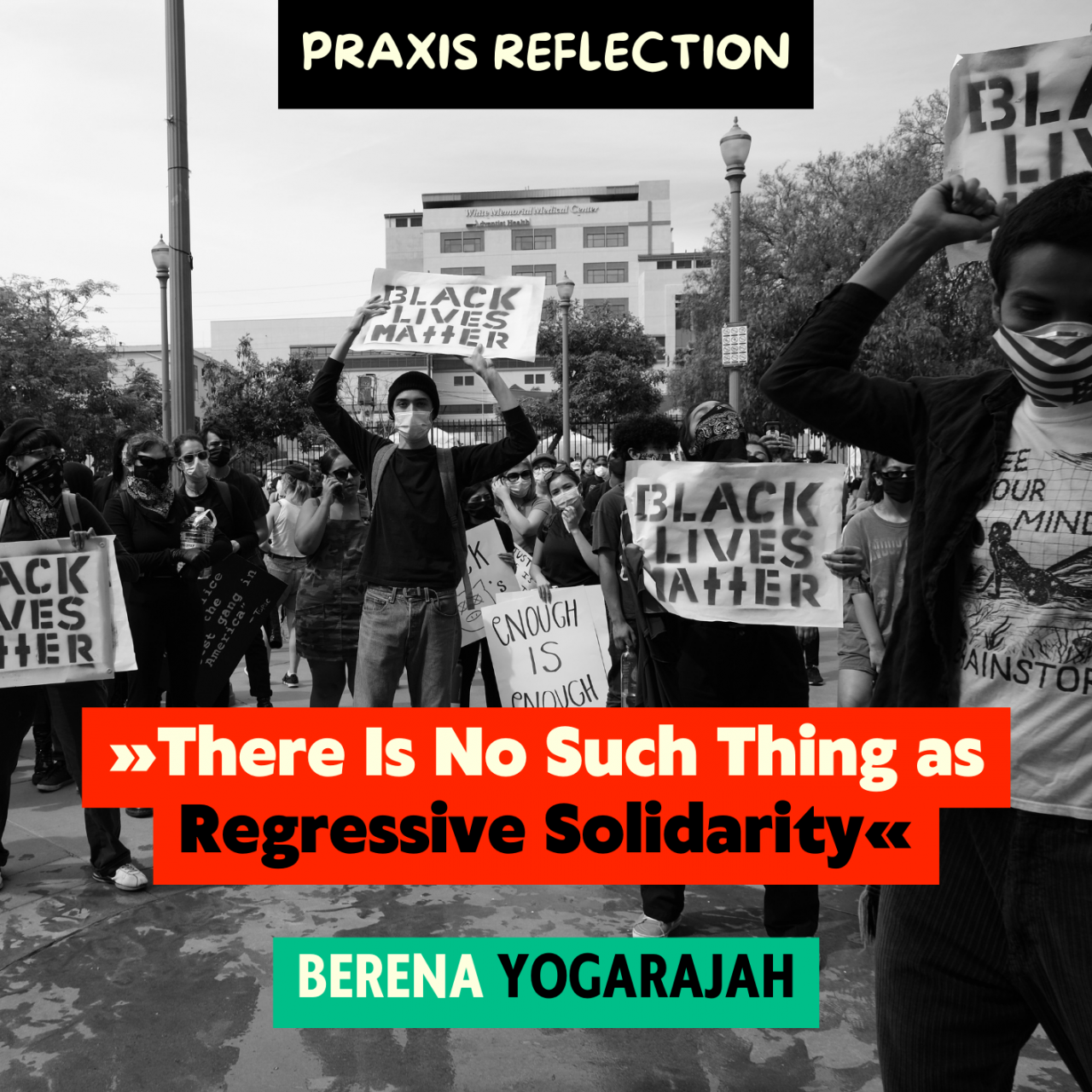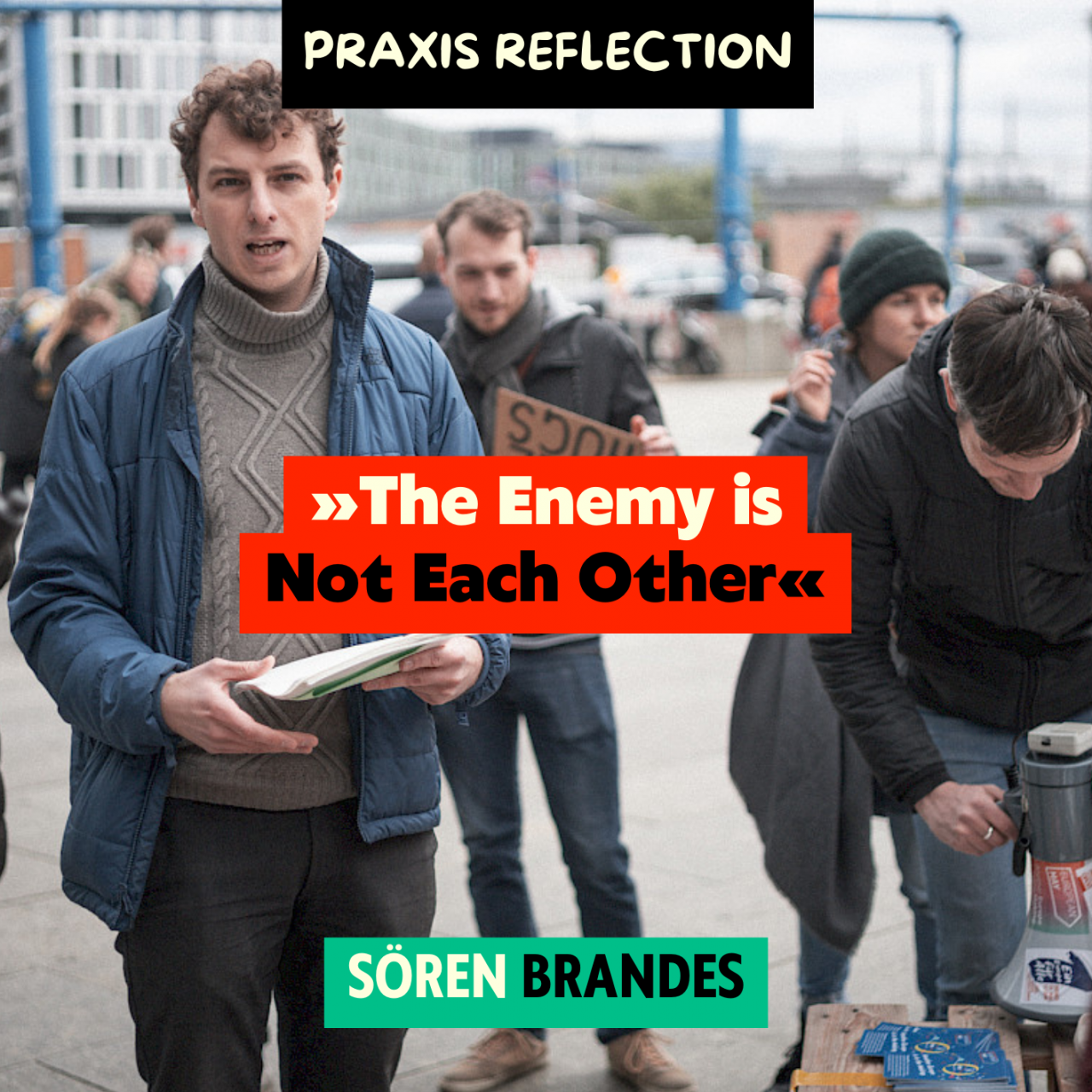Becoming Aware of How School Lives on in Us
Almost all habits of school are relational habits, meaning they impact how we relate to other people and also the natural world. Unlearning these habits is something that we also need to do in relationships and together with others. Here are some exercises which could start you off in this process, especially to develop your awareness of how your schooling may still affect you. These are all things you can do by yourself but even more powerful would be to do them in a group and then reflect and discuss them together afterwards!
1. Creative Drawing
This creative drawing exercise is designed to get you engaging with your experiences and emotions in a non-rational and visual way. You’ll need some paper and some coloured pencils/ crayons/ paints.
Think of school, do any memories come to mind? Any smells, sights, sounds, textures? Do you feel any sensations in your body? Any emotions?
On a piece of paper start to draw the feeling of school, paying attention to shape, colour, texture, lines, size…You can focus on one feeling, or try to get down lots of different aspects, just try not to censor or analyse too much. If it feels blue and spikey or red and round, even if you don’t know why, put it on the paper and see where it leads! Keep drawing for at least 10 minutes, but if you want to go for longer you can.
Now, look at your drawing, how do you feel when you look at it? Does anything jump out at you – why? Did this process remind you of anything or bring any new insight?
To reflect in a group, everyone holds up their drawings so everyone else can see them. Go round in a circle and everyone takes it in turn to say something that they find interesting about the drawing of someone else in the circle and why. It can be as simple as ‘I noticed the big yellow square in this one, it feels bright but also a bit harsh and dominating.’
If you feel like you’re not an ‘artist’ and putting colours and lines on paper makes you feel nervous, try it anyway! It might be easier to narrow your toolkit at first, maybe start with only a black pen and drawing lines, or colour in the whole page with blocks of the different colours that you associate with the feeling of school.
Example Drawings: ‘How Does School Feel’: from a Deschooling Workshop Given in Denmark in 2021
2. Shuttle Writing
Shuttle writing is a simple method, which is intended to quieten the self-critical voice in our heads which asks ‘Is this right? Is this good?’ and instead allows lots of ideas to flow intuitively.
Set a timer for 5 minutes. Take a pen and paper and write continuously without allowing your pen to leave the page finishing the sentence ‘My habit of school is…’ when you’ve written one habit, do it again, and again and again. It might look like:
Some of the things you write will feel more true than others, and that’s okay! Just harvest from this exercise whichever thoughts seem ripest for exploration, and leave the rest.
3. Free Journaling
If any of the ideas which you generated in the shuttle writing exercise resonated, take one and run with it! Do some free writing exploring the question ‘How does this habit of school show up in the work I do today, and is it limiting me/ my cause in any way? Does this relate to the habits of compliance or defiance?’
Closing Remarks
The ideas and exercises we have outlined here are just one of many starting points in a long process of unlearning schooling. We think that questioning and raising our awareness of our existing habits is an essential first stage in this journey. We also need to use this understanding to make tangible changes. Once we can clearly say ‘This is not helping me and my group to be healthy or effective’, then we need to begin experimenting with intentionally changing our ways of relating and being in the world to prefigure the new cultures, societies, politics and economics which we need in our work now! This has the potential to be a far reaching and deep process and there’s definitely no one-size-fits-all approach, but hopefully this has given you some ideas to start that process.
THE RYSE Summer Camp 2022
